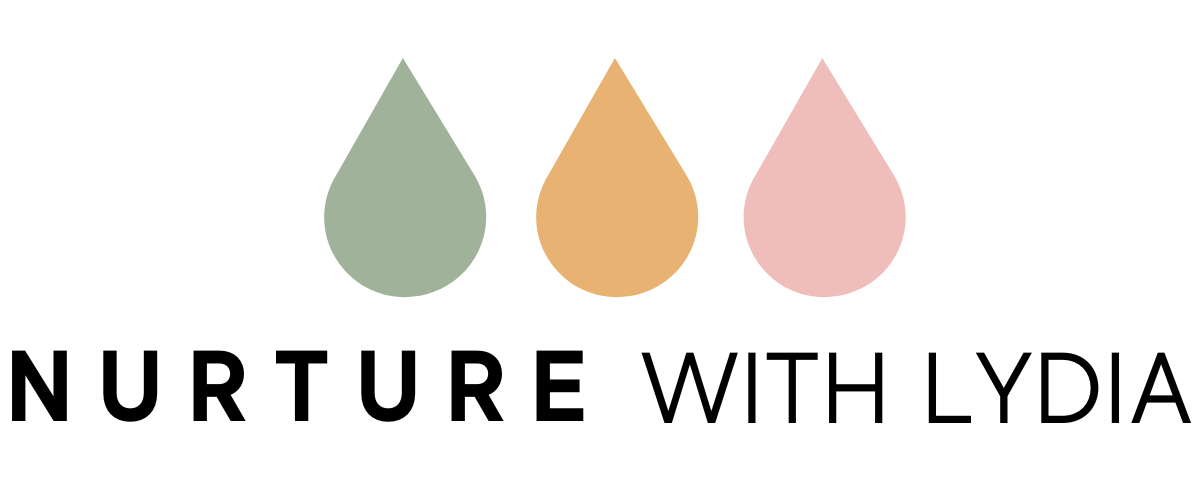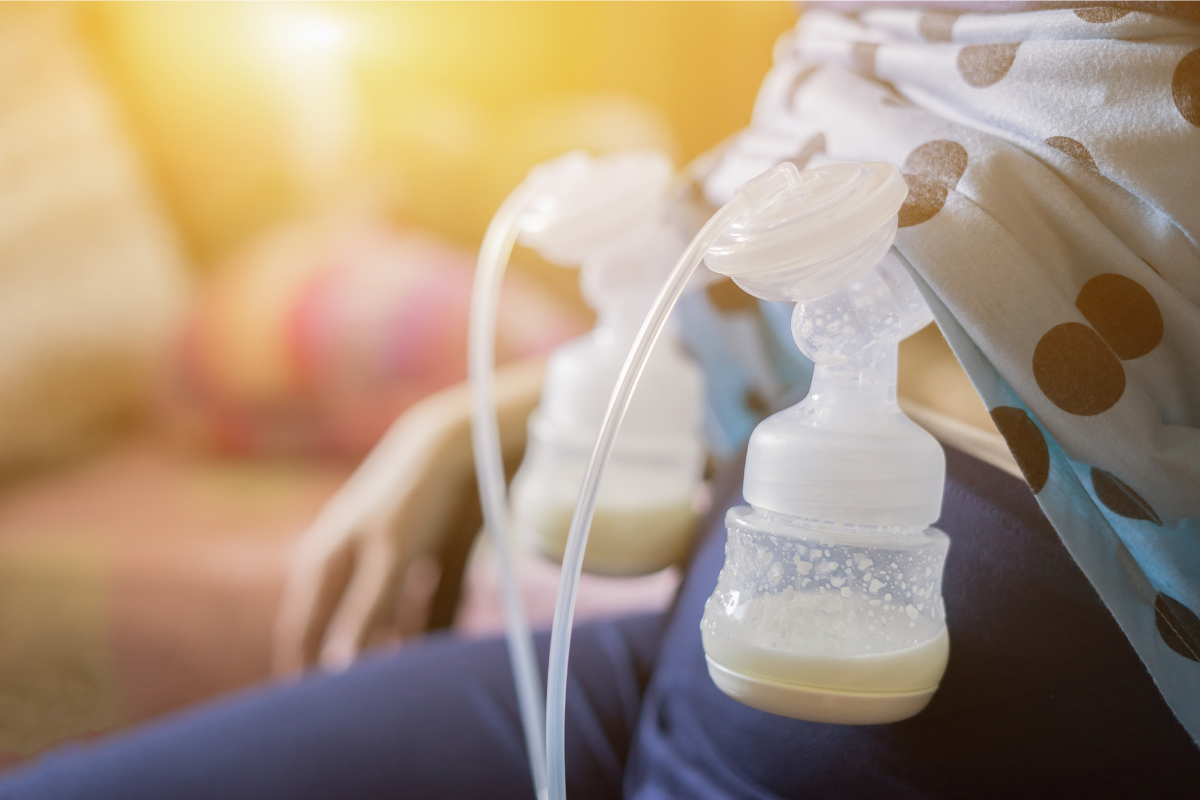Breastfeeding and returning to work
Returning to work after maternity leave can be a difficult, emotional time as you separate from your child. If you’re breastfeeding, you may be wondering if it’s possible to continue once you’re back at work and how to manage this big change. Read on to learn more about UK law and how to prepare to pump at work.
Can I continue to breastfeed when I go back to work?
Yes! The World Health Organization recommends exclusive breastfeeding for 6 months, and then up to 2 years and beyond once solids are introduced. Breastfeeding has so many incredible benefits for your child that never expire, and it’s your right to breastfeed your child for as long as you want to.
If you want to continue to breastfeed, a supportive employer makes all the difference. But it’s important to know your legal rights and work with your employer to ensure you’re able to express milk as much as you need to.
Is breastfeeding included in the 2010 Equality Act?
Yes – the 2010 Equality act states that a woman should not be treated unfavourably because she is breastfeeding, but unfortunately it doesn’t go into much more detail than that.
But whilst there are certain legal obligations, there are also recommendations and guidance that are not obligatory so it’s really important to find out your organisations’ breastfeeding policy and work with them for the best outcome possible.
What’s the law, and what’s just good practice?
Unfortunately there's no specific laws surrounding breastfeeding in the workplace, but you are protected under the same health & safety and sex discrimination laws as when you were pregnant.
Employers have legal obligations to provide:
Health and safety protection
Flexible working hours and protection from indirect sex discrimination
Rest facilities
Protection from harassment
(Source: Maternity Action)
The law requires an employer to provide somewhere adequate for a breastfeeding employee to rest. While it is a legal obligation for employers to regularly review general workplace risks, there is no legal requirement to conduct a specific, separate risk assessment for an employee returning from maternity leave who has notified her intention to breastfeed. However, it would be good practice for an employer to do so, to help decide if any additional action needs to be taken.
Health and safety risk assessment
Your employer must carry out an individual risk assessment for workers who are pregnant, have given birth within the last 6 months or are currently breastfeeding.
If your working conditions prevent you from breastfeeding successfully, you may be able to argue that it is putting yours and your baby’s health at risk due to the health benefits for both mum and baby. Some work presents extra risk for breastfeeding employees and their children, such as working conditions that could expose them to organic mercury, radioactive material or lead.
If the risk assessment reveals a risk, your employer should do all that is reasonable to remove it or prevent your exposure to it. Your employer must give you information on the risks and what action has been taken.
If you believe there's still a risk to your health and safety and you want your employer to take action, you must tell your employer in writing that you are breastfeeding.
Your employer must take reasonable action to temporarily change your working conditions or hours of work, for example, working shorter shifts or avoiding night work or overnight stays.
Reasonable action to protect your health and safety while you are breastfeeding could include adequate rest breaks to ensure proper nutrition, access to water and washing facilities.
If adjustments to your working hours or conditions would not avoid risks to breastfeeding, you should be given a temporary transfer to suitable alternative work. Any alternative work or additional breaks for breastfeeding or expressing milk should be provided without loss of pay.
How do I find out my company’s breastfeeding policy?
Speak to HR or your line manager, or check your employee guide/handbook. It’s a really important conversation to have with your company in good time before you’re back at work so that you don’t face an unexpected situation and feel you have to pump somewhere like the toilets.
How can I prepare to pump at work?
Make your employer aware in writing that you are breastfeeding and would like to pump - this will give them time to prepare to support you. Workplace regulations require employers to provide suitable facilities where pregnant and breastfeeding mothers can rest so you can pump during this time. Starting a conversation in good time before you return is the best way to allow yourself and your employer time to prepare.
The Health and Safety Executive (HSE) recommend that it is good practice for employers to provide a private, safe environment for breastfeeding mothers to express and store milk.
Depending on how you wish to continue breastfeeding and whether your child still needs breastmilk when you’re apart, you could save the milk you pump during working hours for your child to have when you’re separated. If you decide to reduce breastfeeding and introduce formula, or your child is old enough to move onto cow or plant milks (12 months+) then you will still need to pump or hand express once you return to work as your supply decreases – listen to your body and always respond to breast engorgement by removing some milk. Supply reduction needs to happen gradually to avoid blocked ducts and mastitis - you’re not aiming to empty the breast, just remove discomfort.
If you need breastfeeding/pumping support when you return to work, you can book a 1:1 Consultation with me and we can work on a plan together that supports and suits your family and circumstances.
Talk to other breastfeeding mums
Whether it’s your friend, family or colleagues, talk to them about their experience if they breastfed upon their return to work; hearing other people’s experiences might help you feel more confident and you’ll have someone to turn to who can truly understand what you’re going through and may be able to offer advice.
Where to go for more help:
Maternity Action
For information on maternity and parental rights at work and benefits, see: www.maternityaction.org.uk
Maternity Rights Advice Line:
Nationwide (except London) – 0808 802 0029
London (if you live or work in a London borough) – 0808 802 0057
For opening hours see: https://maternityaction.org.uk/advice-line/
Pregnant Then Screwed
The HR Advice Line where you can ask questoins about your employment rights, flexible working requests, parental leave policies or when you have experienced workplace discrimination due to pregnancy, parental leave or simply being a parent - https://pregnantthenscrewed.com/the-hr-advice-line/
The Coaching Clinic offering direction of guidance when it comes to career moves or changes - https://pregnantthenscrewed.com/pregnant-then-screwed-coaching/
The Mental Health Support Line for when it's all getting a bit too much and you need someone to talk to. 0161 2229879 Open 9-4 Monday - Friday.
The Benefits Advisory Services - appointments to discuss your benefit queries - https://calendly.com/pts-support-services/15min
The Mentor scheme pairs you up with a mentor to support you through the tribunal process - https://pregnantthenscrewed.com/mentors-to-support-during-the-tribunal-process/
ACAS
For advice on employment rights or for Early Conciliation if you are thinking of making a tribunal claim
Helpline: 0300 123 11 00 (offers telephone interpreting service)
Citizens Advice
For information about your rights see: www.citizensadvice.org.uk
You can telephone the national Citizens Advice phone service on 03444 111 444
You can get help with Universal Credit claims through the free national Help to Claim service: England: 0800 144 8444, Wales: 0800 024 1220, Scotland: 0800 023 2581
For more information on how to find your local Citizens Advice Bureau, see:
https://www.citizensadvice.org.uk/about-us/contact-us/contact-us/contact-us/
Equality Advisory Support Service
Help and advice on discrimination and human rights www.equalityadvisoryservice.com
Helpline: 0808 800 0082 Mon – Fri 9am – 7pm, Sat 10am – 2pm
Textphone: 0808 800 0084

